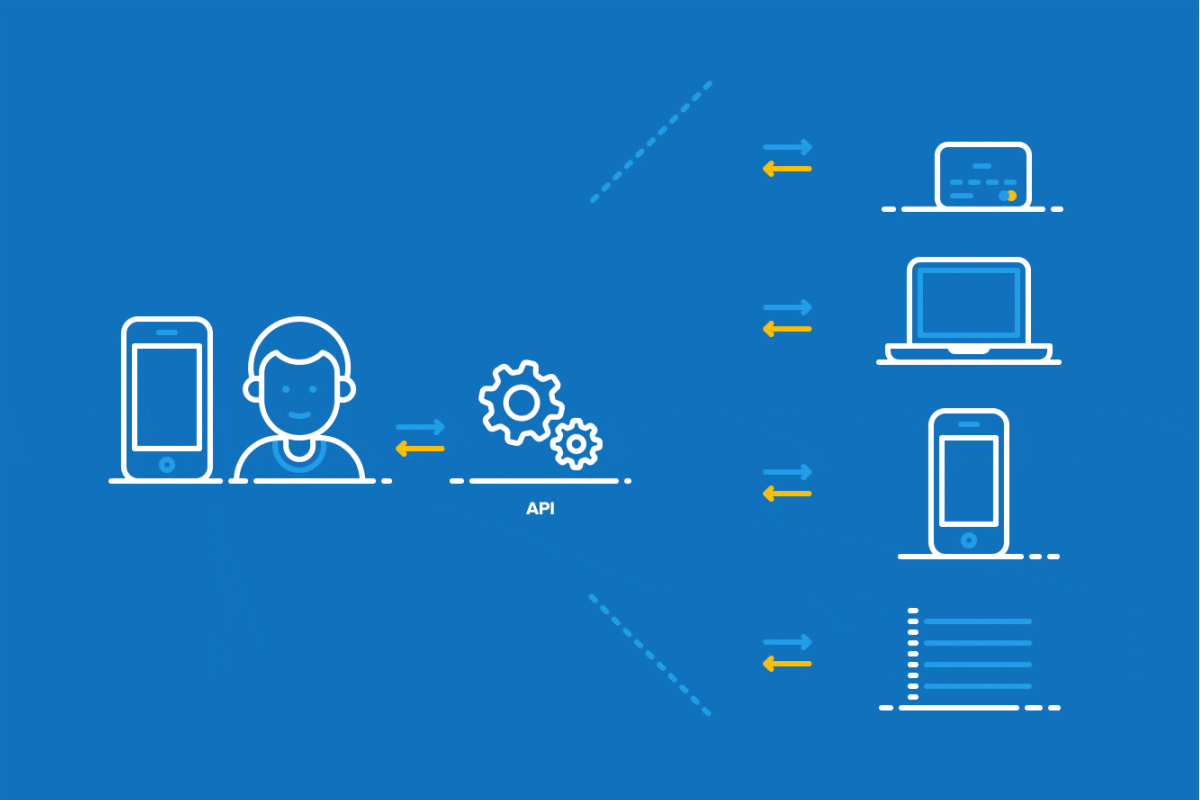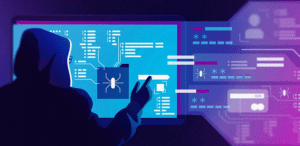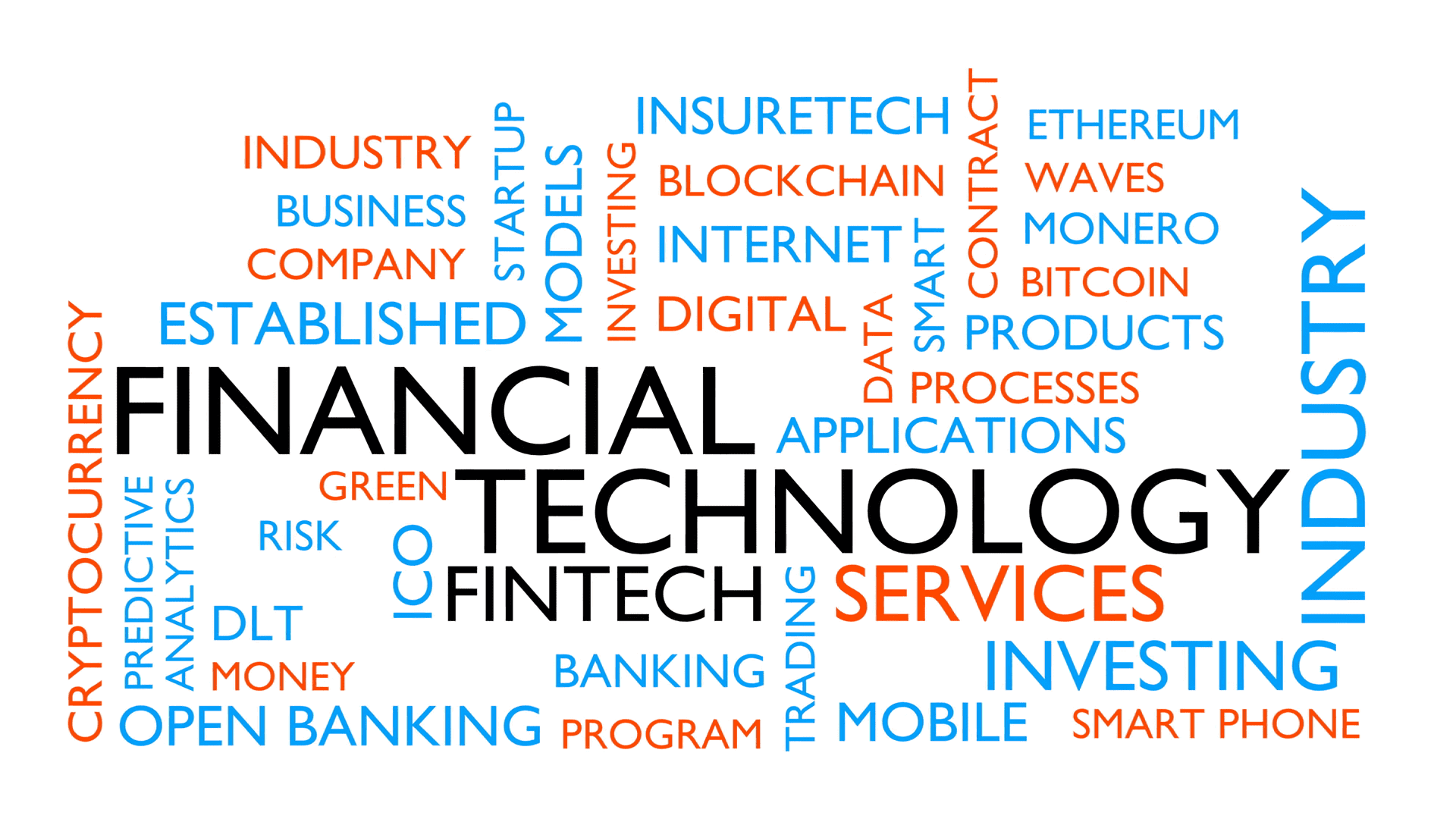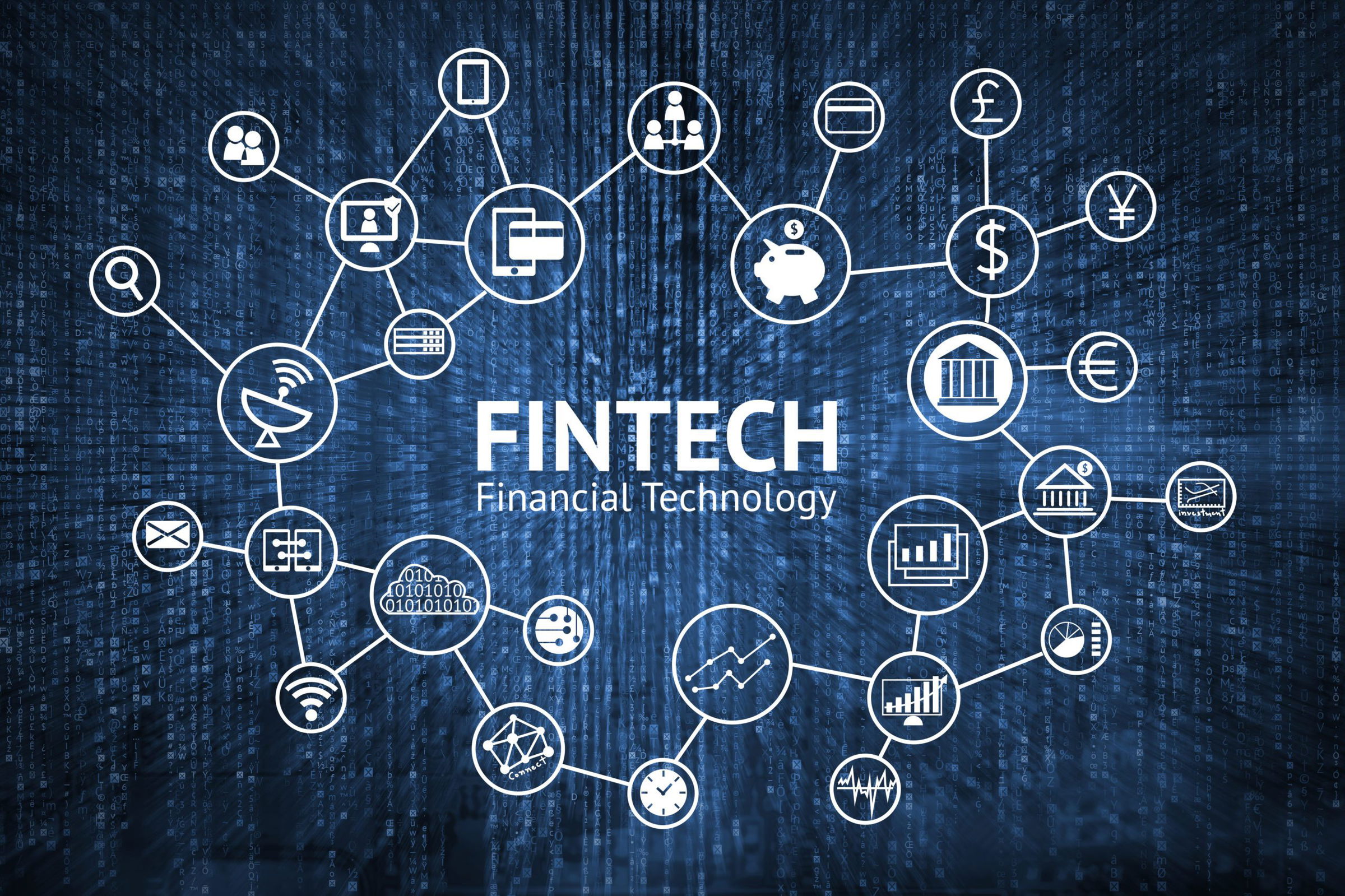We live in a time when everybody desires an MBA! It has become a norm, and people make that choice without fully understanding why. That is most likely why business schools ask the same question in their MBA applications and interviews.
While it is extremely important to figure out why you want to pursue it as a career after graduation, it is equally important to enrol yourself somewhere reliable. There are many courses that promise you a lot of perks, but end up delivering nothing. Those of you who are unable to go for a full-time MBA course should consider distance learning MBA programmes.
Here are two of the best online MBA courses that will help you shape a good career:
MBA in Fintech:
- This FinTech MBA online course includes all the key components of FinTech as well as provides you hands-on experience with leading technologies, including API, Blockchain, Cloud Computing, AI, Machine Learning, RPA, IoT and Big Data.
- On enrolling to this JAIN Online MBA in FinTech, you will be given access to five professional courses on LinkedIn. Each course is meant to broaden your understanding of essential FinTech components through an easy online learning experience, boosting your ability to comprehend complicated FinTech subject matter during the main MBA course.
- This JAIN Online MBA in FinTech learning experience is given using the four quadrants strategy, resulting in optimal learner engagement. Each quadrant has 120 hours of learning, two-way live online classes, pre-recorded lectures on their Learning Management System (LMS), student conversation forums on the LMS, comprehensive e-content & printed material for in-depth comparisons, self-study tasks, case studies, et al.
- This MBA in Investment Banking & Equity Research includes significant student mentoring programmes. One can take advantage of the weekend Virtual Mentoring Sessions while simultaneously attending doubt resolving sessions with lecturers during live lectures or on the Learning Management System discussion boards.
- Along with feedback on Resume Writing and Interview Prep, they offer a specialised Corporate Relations Team to help one find the ideal career path. The Corporate Relations Team provides regular feedback on the CV and social media profiling, as well as 1-on-1 Mock Interview Sessions.
MBA in Investment Banking:
This distance learning MBA course, just as the aforementioned course, grants you a host of benefits which include:
- This Investment Banking MBA Programme covers every key facet of the industry. This course helps you learn Accounting, Financial Analysis, Economics & Markets Principles, Investment Banking Operations, and a lot more.
- As part of this forward-thinking programme, you will have ongoing access to the university’s lab environment, allowing you to put theory into practice.
- Following completion of your Investment Banking MBA, you will receive exceptional career support and job placement options from both JAIN University’s Relations Team and Imarticus Learning’s specialised Placement Team.
Conclusion:
These two are one of the best online MBA courses you’ll find, and both of them are acknowledged by the UGC. They give you a whole bunch of benefits which you can enjoy while juggling between your work as well as academics. If you are looking for a lucrative career after graduation, then give this a shot!




 Now one of the major challenges faced by the traditional banking systems is that it takes more than the necessary time to settle financial transactions carried out between two parties. The average time taken earlier was between 1to 3 days.
Now one of the major challenges faced by the traditional banking systems is that it takes more than the necessary time to settle financial transactions carried out between two parties. The average time taken earlier was between 1to 3 days. Identity theft is also a common problem in the modern digital age. Banks need better protection against these cybercriminals to detect fraud and eliminate the chances of data leakage.
Identity theft is also a common problem in the modern digital age. Banks need better protection against these cybercriminals to detect fraud and eliminate the chances of data leakage. This allows easy data manipulation without any repercussions but given the blockchain highly decentralized structure it is almost impossible to manipulate data without being caught.
This allows easy data manipulation without any repercussions but given the blockchain highly decentralized structure it is almost impossible to manipulate data without being caught.








